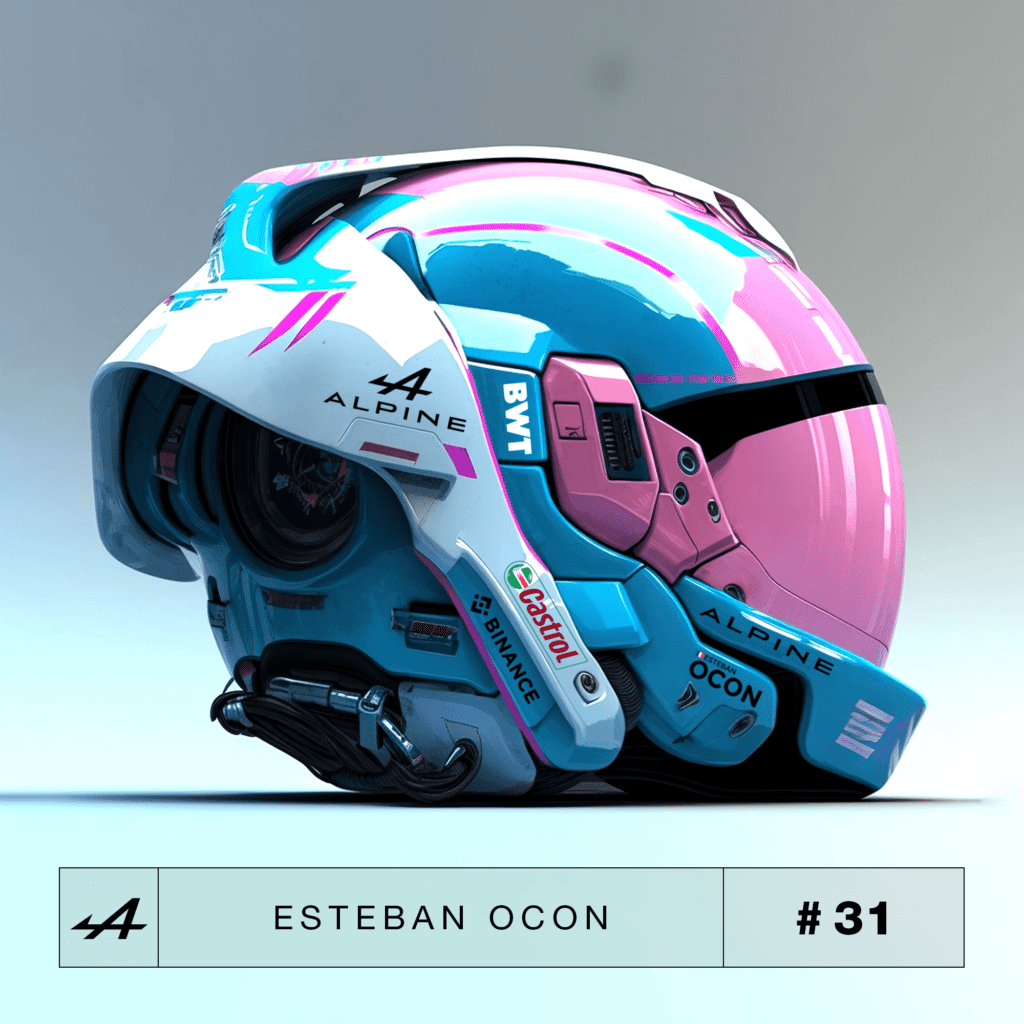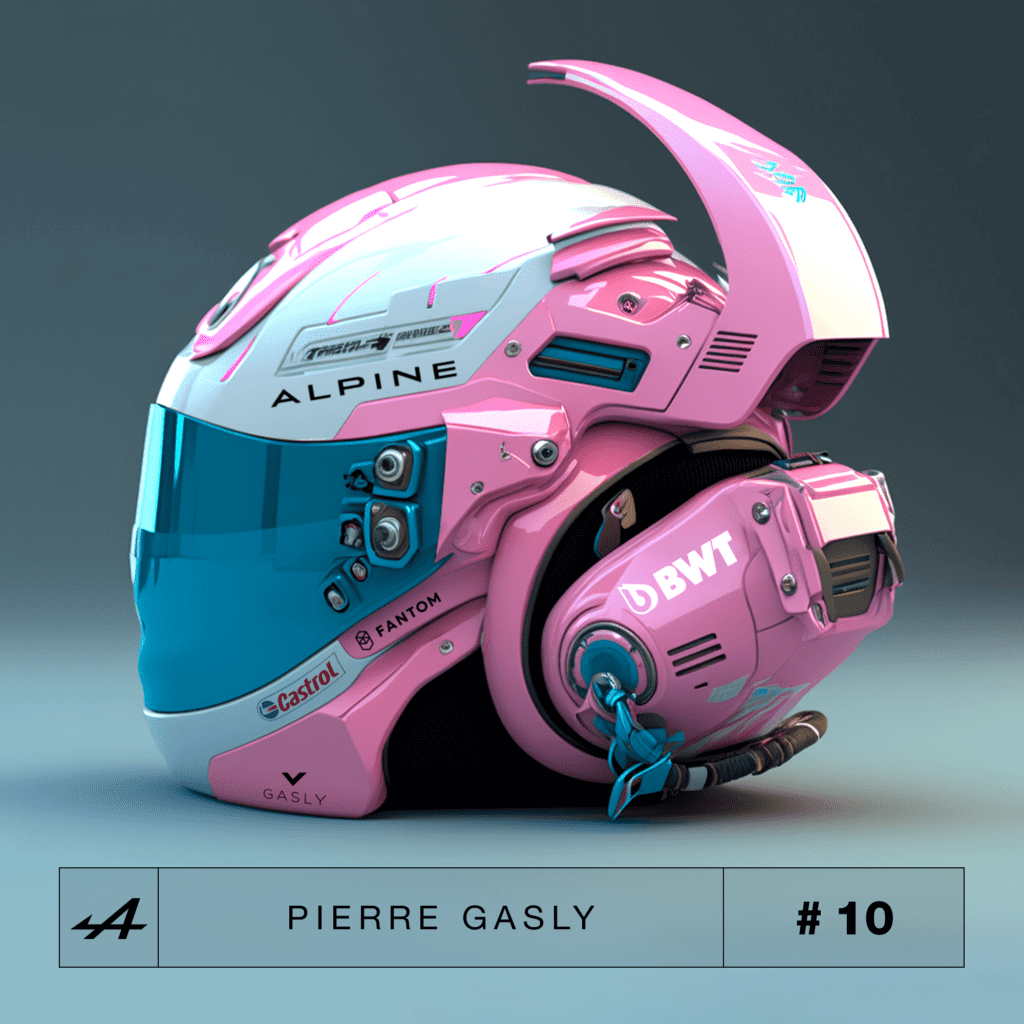EU AI Act: Parliament’s Decisive Move Towards Global AI Regulation
Fast Facts:
- European Parliament’s approval of the EU AI Act marks a significant milestone in AI regulation, with 499 votes in favor, 28 against, and 93 abstentions.
- The AI Act imposes stricter regulations on generative AI tools like ChatGPT, mandating developers to undergo review before commercial release.
- Real-time biometric identification systems and controversial ‘social scoring’ systems remain banned under the AI Act.
- The global trend of countries establishing rules and standards for AI aligns with the European Parliament’s move.
- The regulation carries implications for companies like OpenAI and Google, impacting their AI models, including ChatGPT and Bard.
In a groundbreaking decision, the European Parliament has overwhelmingly supported the EU AI Act, representing a pivotal moment in the realm of artificial intelligence regulations. With a resounding 499 votes in favor, 28 against, and 93 abstentions, the AI Act takes a prominent step towards becoming one of the first formal rules for AI on a global scale. The regulation aims to address concerns related to AI’s impact, such as potential job displacement, the dissemination of misinformation, and inherent biases.
Stricter Regulations for Generative AI Tools and Ban on Real-Time Facial Recognition
As part of the AI Act, the European Parliament has taken measures to tighten restrictions on generative AI tools, with a particular focus on models like ChatGPT developed by Microsoft-backed OpenAI and Google’s Bard. Developers of these AI systems will now be required to undergo a comprehensive review process before their models can be released for commercial use. This move aims to enhance accountability and ensure that AI technologies are developed responsibly and ethically.
Reaffirmation of Ban on Real-Time Biometric Identification Systems and ‘Social Scoring’
The European Parliament’s decision also reaffirms the ban on real-time biometric identification systems, a technology that has raised concerns over privacy and civil liberties. By prohibiting the use of such systems, the AI Act strives to safeguard individual rights and protect against potential misuse of biometric data. Additionally, the controversial ‘social scoring’ systems, which have drawn widespread criticism for their potential to discriminate and stigmatize individuals based on social behavior, will remain prohibited.
Global Trend of Establishing Rules and Standards for AI
The European Parliament’s resolute approval of the AI Act is in line with the global trend observed in many countries seeking to establish comprehensive rules and standards for AI technologies. Governments worldwide recognize the urgency to strike a balance between fostering innovation and mitigating potential risks associated with AI deployment.
“The EU AI Act sets a pioneering precedent in AI regulation, and its focus on transparency, accountability, and protecting fundamental rights will shape the future of responsible AI development worldwide.”
Impact on the NFT Market
The EU AI Act’s approval holds implications for the NFT (Non-Fungible Token) market, which has gained substantial traction in recent years. With the Act’s emphasis on stricter regulations for AI technologies, including generative AI tools like ChatGPT, NFT creators and platforms may face new challenges and opportunities. NFTs heavily rely on AI-driven generative art to create unique digital assets, and the requirement for developers to undergo comprehensive reviews before commercial release might impact the speed and efficiency of NFT creation.
However, the Act’s focus on promoting transparency and accountability could also benefit the NFT market by ensuring that AI-generated NFTs adhere to ethical and legal standards, thereby instilling greater confidence among collectors and investors. As the EU sets a precedent in AI regulation, it may prompt other regions to follow suit, leading to a more standardized approach to AI-driven NFTs and fostering a sustainable and trustworthy ecosystem for digital art collectors worldwide.





















